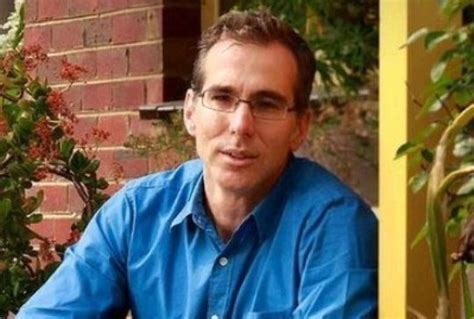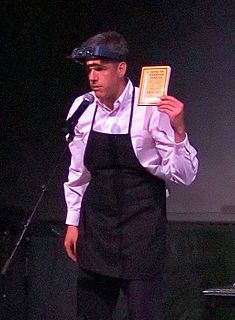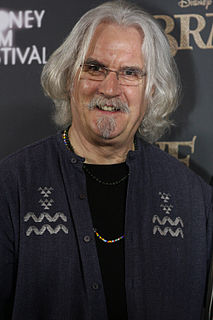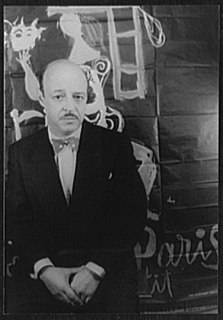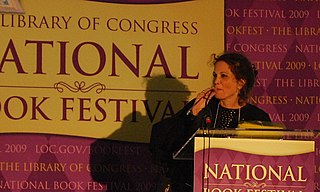A Quote by Steven Amsterdam
Fiction demands structures and recognizable shapes. Big surprises only draw attention to the writer's hand.
Related Quotes
There's the fact that American fiction is basically the most apolitical fiction on the globe. A South American writer wouldn't dare think of writing a novel if it didn't allude to the system into which these people are orchestrated - or an Eastern European writer, or a Russian writer, or a Chinese writer. Only American writers are able to imagine that the government and the corporations - all of it - seem to have no effect whatsoever.
Creative non-fiction is such a liberating genre because it allows the non-fiction writer, whether he or she be journalist or essayist, to use all of the techniques of the fiction writer and all of the ideas, creative approaches, that fiction writers get a chance to use, but they have to use it in a true story.
No one can teach writing, but classes may stimulate the urge to write. If you are born a writer, you will inevitably and helplessly write. A born writer has self-knowledge. Read, read, read. And if you are a fiction writer, don't confine yourself to reading fiction. Every writer is first a wide reader.
No one can teach writing, but classes may stimulate the urge to write. If you are born a writer, you will inevitably and helplessly write. A born writer has self-knowledge. Read, read, read. And if you are a fiction writer, dont confine yourself to reading fiction. Every writer is first a wide reader.
